“I began to trust and heal. I began to drive, and I started community college. The TM technique has given me my life back.” —32-year-old female Navy veteran with PTSD
Veterans with post-traumatic stress disorder (PTSD) who practiced the Transcendental Meditation® (TM®) technique showed significant reductions in PTSD symptoms comparable to veterans who utilized a current gold standard for treatment, prolonged exposure therapy (PE), according to a new study published in The Lancet Psychiatry journal on November 15, 2018. Both the TM technique and exposure therapy were significantly more effective than PTSD health education (HE) in the control group.

A total of 203 veterans at the VA San Diego Healthcare System participated in the Department of Defense–funded study
The Department of Defense, U.S. Army Medical Research, sponsored the randomized, controlled trial for $2.4 million. The Lancet Psychiatry—one of the leading psychiatry journals in the world—published the results in the peer-reviewed article, “Non-Trauma-Focused Meditation Compared to Exposure Therapy in Veterans with PTSD: A Randomised Controlled Trial.”
Major news outlets around the world covered the findings. The Associated Press (AP) story was picked up by the New York Times, the Washington Post, NBC News, ABC News, and many local outlets, as well as the Military Times, Army Times, and Marine Times.
The Agence France Press (AFP) story was published by papers across India, Asia, and Europe.
Original articles on the study were also published by Reuters, Medscape, MediBulletin, Psychiatry Advisor, The London Economic, SBS News Australia, Healio Psychiatrc Annals, and Medical Research.

TM Technique a Viable Option for PTSD Treatment
“PTSD is a complex and difficult-to-treat disorder that affects 10 to 20 percent of veterans,” said Sanford Nidich, Ed.D., director of the Center for Social-Emotional Health at Maharishi University of Management Research Institute and the study’s principal investigator. The VA San Diego Healthcare System, the University of California San Diego School of Medicine, and Georgetown University Medical School also collaborated on the trial.
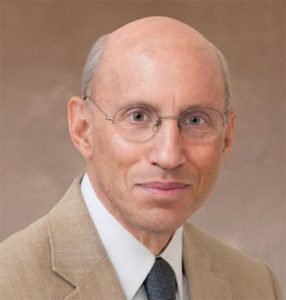
Sanford Nidich, Ed.D., the study’s principal investigator, and director of the Center for Social-Emotional Health, Maharishi University of Management Research Institute
“This trial provides evidence that Transcendental Meditation®, a non-trauma-focused therapy, is a viable option for decreasing PTSD symptoms in veterans,” said Dr. Nidich. “The availability of an additional evidence-based PTSD therapy will benefit patients both by offering them a greater range of first-line treatment options and by serving as an alternative treatment strategy for those not responding to exposure-based PTSD therapy.”
In prolonged exposure therapy, the current standard of PTSD care, veterans re-experience their trauma. This can be an effective but also emotionally and psychologically painful process.
“Prolonged exposure has been shown to improve PTSD symptoms by teaching patients ways to gradually approach memories, feelings, and situations related to their trauma. Because of the trauma-focused emphasis, some veterans may have difficulty with the treatment,” said Thomas Rutledge, Ph.D., staff psychologist at the VA San Diego Healthcare System and the on-site principal investigator, who has not learned TM.
“Transcendental Meditation, a non-trauma-focused and easy-to-learn practice, improves PTSD symptoms as shown in this trial, possibly through the experience of deep physical rest and heightened mental alertness,” said Dr. Rutledge.
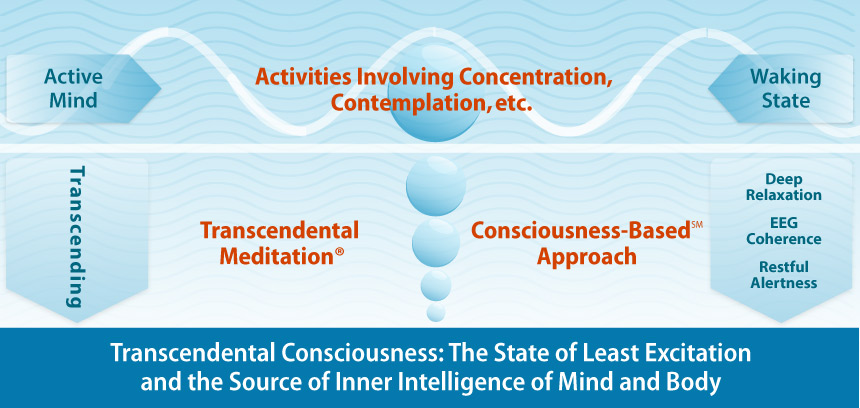
The Transcendental Meditation technique, a Consciousness-Based approach to PTSD treatment, allows the mind to effortlessly settle down beyond active thinking and experience a state of restful alertness. This results in profound rest for the physiology as well as brainwave coherence, with a host of benefits to mind and body.
Is TM® As Effective As Gold Standard of PTSD Treatment? Yes.
The objective of the randomized, controlled trial was to compare the practice of the TM technique to prolonged exposure therapy, the best treatment in use today. The non-inferiority clinical trial was designed to determine whether TM® was at least as effective (non-inferior). The study further compared both treatments to a health education control group, and measured changes in PTSD symptoms over three months using the Clinician-Administered PTSD Scale (CAPS). (See chart below.)
The trial randomly assigned a total of 203 veterans at the VA San Diego Healthcare System to (1) prolonged exposure therapy, (2) the Transcendental Meditation (TM) technique, or (3) the health education control group. Each treatment provided 12 sessions over 12 weeks, with daily home practice.
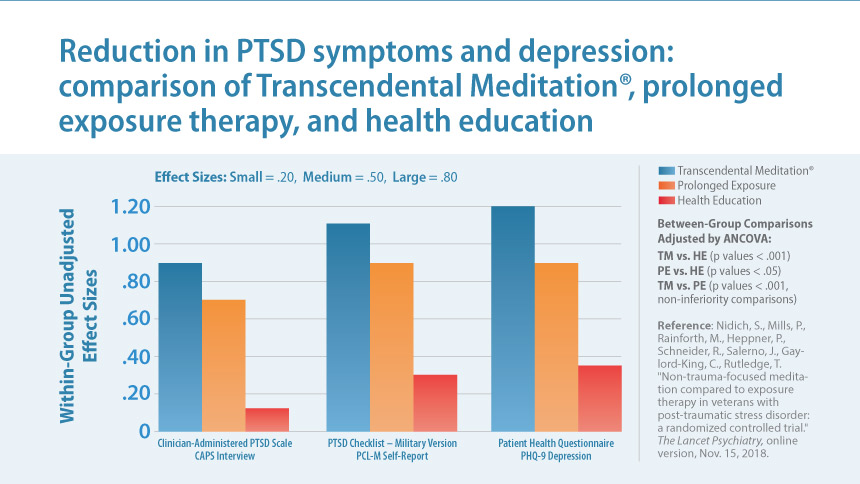
Reduction in PTSD symptoms and depression: Comparison of TM®, prolonged exposure therapy, and health education. This graph shows the strength or impact of effect (effect size) of each treatment group. Significant improvements were found for TM® vs. health education (HE) on PTSD symptoms and depression, adjusted by analysis of covariance (p values < .001). Practice of the TM technique was observed to be non-inferior (comparable) to the “gold standard” prolonged exposure (PE) treatment, based on non-inferiority analyses on PTSD symptoms and depression (p values < .001).
In addition to reductions in overall PTSD symptoms, findings indicated that 61 percent of the veterans assigned to learn and practice the TM technique experienced clinically meaningful improvement in PTSD symptoms, compared to 42 percent with prolonged exposure therapy, and 32 percent with health education. Clinically meaningful improvement is defined as a reduction of 10 or more points on the CAPS PTSD scale. (See chart below.)
TM Technique Could Significantly Improve PTSD Care in Military Medicine
Results presented in the paper further indicated that practitioners of the TM technique experienced significant reductions in depression and mood disturbance, as well as improved quality of life, compared to those in the health education control group. Administration of the self-report PTSD Checklist–military version corroborated the CAPS interview results.
“The current study by Nidich et al. advances the field, reporting benefit of the Transcendental Meditation technique in reducing PTSD in veterans,” wrote Vernon Barnes, Ph.D., of Augusta University, in his editorial comment published in the same issue of The Lancet Psychiatry. “The current findings suggest that TM® is one of a small number of interventions whose benefits could be immediately translated into improved care in military medicine and could have a significant health impact if widely disseminated.”
He added that, “Consistent with military culture, the TM technique is self-administered, self-empowering, completely transportable, and inconspicuous.”
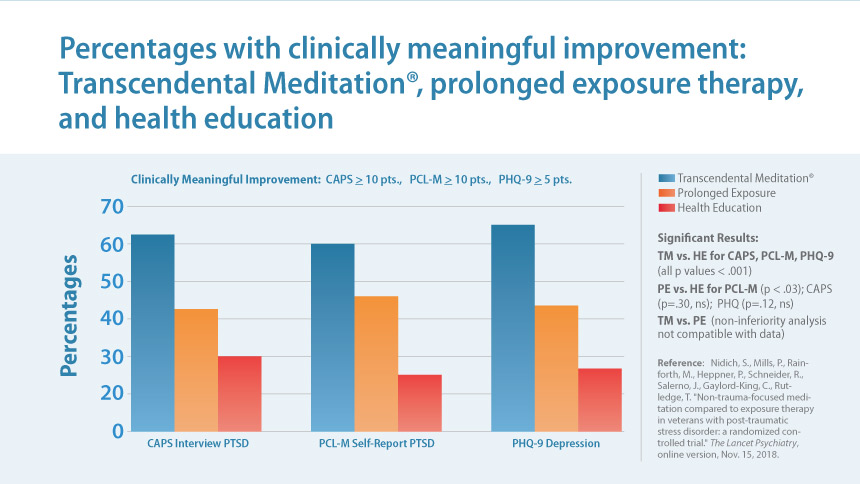
Percentages with clinically meaningful improvement: Findings indicated that 61 percent of the veterans assigned to learn and practice the TM technique experienced clinically meaningful improvement in PTSD symptoms, compared to 42 percent with prolonged exposure therapy, and 32 percent with health education. Clinically meaningful improvement is defined as a reduction of 10 or more points on the CAPS PTSD scale.
The study could have far-reaching impact on helping veterans. Bob Roth, CEO of the David Lynch FoundationSM, which brings the TM technique to at-risk groups suffering from trauma, including veterans, is quite encouraged by the results. “This new study… will help to open doors for many thousands of veterans to learn TM,” he said. “Lives will be transformed, even saved.”
“The TM Technique Has Given Me My Life Back”
Two of the veterans who were randomly assigned to learn the TM technique shared their experience.
One participant, a 33-year-old male Marine veteran, was diagnosed with depression and PTSD after several tours of duty in Iraq and Afghanistan. “I had a problem going to sleep and staying asleep on a regular basis,” he explained. “My mind was clouded with regrets and uncertainties. On some occasions I would think that I was better off dead so that I don’t have to deal with it.”
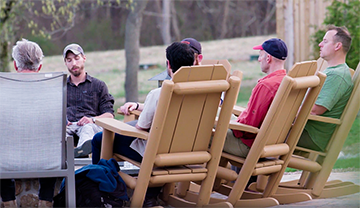
Veterans practicing the Transcendental Meditation technique
He learned the TM technique and very soon found that he was able to sleep through the night. “Now, my mind is not as clouded as it was before. TM has helped me feel less stress and be more energized,” he said. “With regular practice I’ve been able to manage myself and live a life that I enjoy.”
Another participant, a 32-year-old female Navy veteran, was diagnosed with military sexual trauma, the result of sexual assault or harassment while serving in the military. Following her discharge, this trauma progressed into PTSD. “I would drink alcohol in excess to numb the pain of loneliness I felt from isolation,” she said. “I was afraid to venture out of my house or drive or do anything that included interaction with people.”
Within a few days of learning the TM technique, she reported feeling “calmer.” Over the following weeks, “I began to trust and heal. I began to drive, and I started community college,” she said. “The TM technique has given me my life back.”
Find out more about how the TM technique can assist veterans at TMforVeterans.org ►
“Consistent with military culture, the TM technique is self-administered, self-empowering, completely transportable, and inconspicuous.” —Vernon Barnes, Ph.D., Augusta University



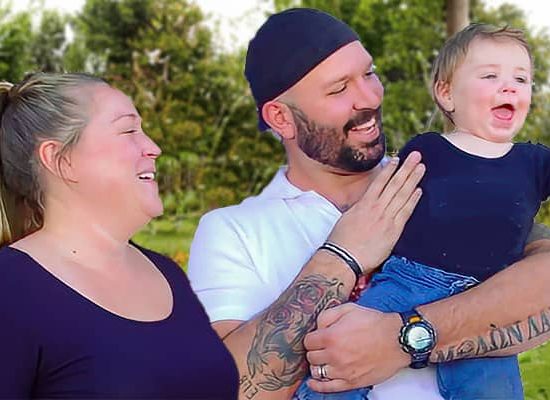
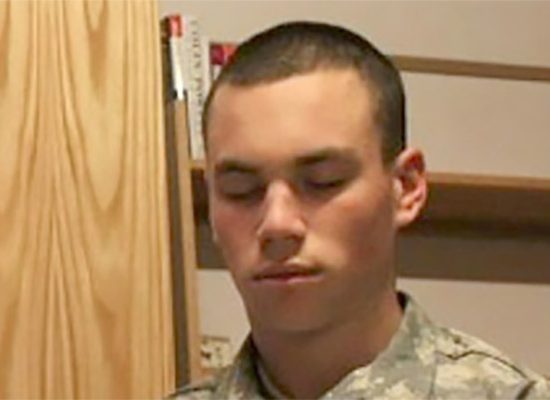
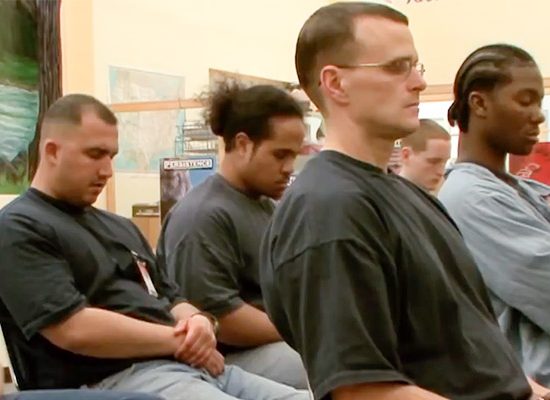
I’ve been practicing TM for 48 years and occasionally write about it in my business columns.
https://www.huffpost.com/entry/transcendental-meditation_b_823063
Jerry
As an E-5, I learned TM a few months after returning from 19 months in the Army in Viet Nam. Within three months, many stress-related symptoms were significantly reduced or completely gone: hyper vigilance, insomnia, nightmares, night sweats, anger, impatience, flashbacks, hallucinations, and loud noise reactions. I highly recommend it for anyone.
Thank you, David, for sharing your experience and high recommendation. The results you experienced show what a powerful intervention practicing TM can be for PTS symptoms, in just 3 months. Your comments reveal first-hand how important this study will be for so many veterans. Thanks again and all best wishes.
I am happy to learn that something peaceful and meaningful can help our heroes. Yay!!
This study is very rigorous. Looking at the original article, the graphs tell the story of how the Transcendental Meditation program outperforms the gold standard treatment for PTSD alleviation. Congratulations to Nidich et. al. for their careful work. I hope that these studies help to make the Transcendental Meditation program available in mainstream treatments not only in the military, but throughout society.
Congratulations on the current results. I have been a consistent TM meditator since 1972. I am very gratified to learn that current studies show a strong correlation to providing relief to our American heroes. I hope the TM organization will continue to enlist multiple studies to confirm the efficacy of our practice and make TM more available over time to our stressed out American brothers and sisters in all walks of life. We could use some silence in our noisy daily lives.